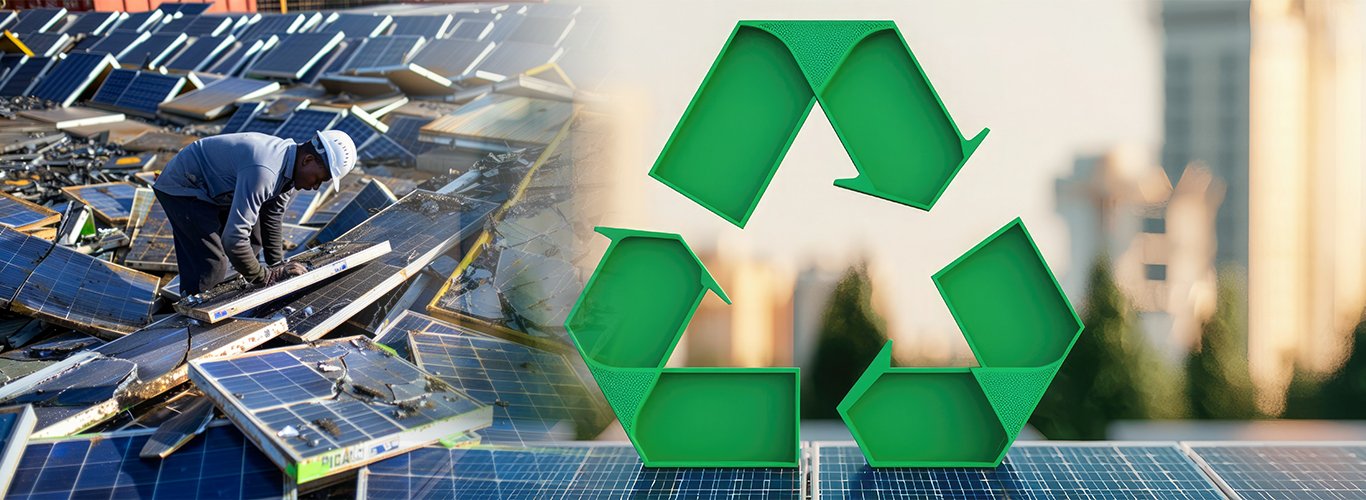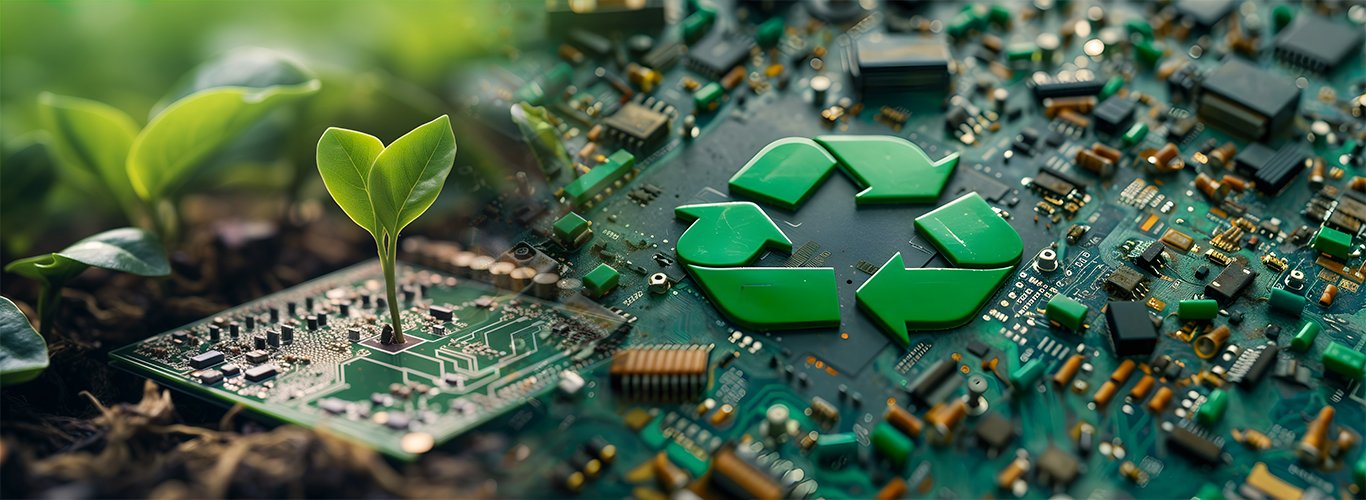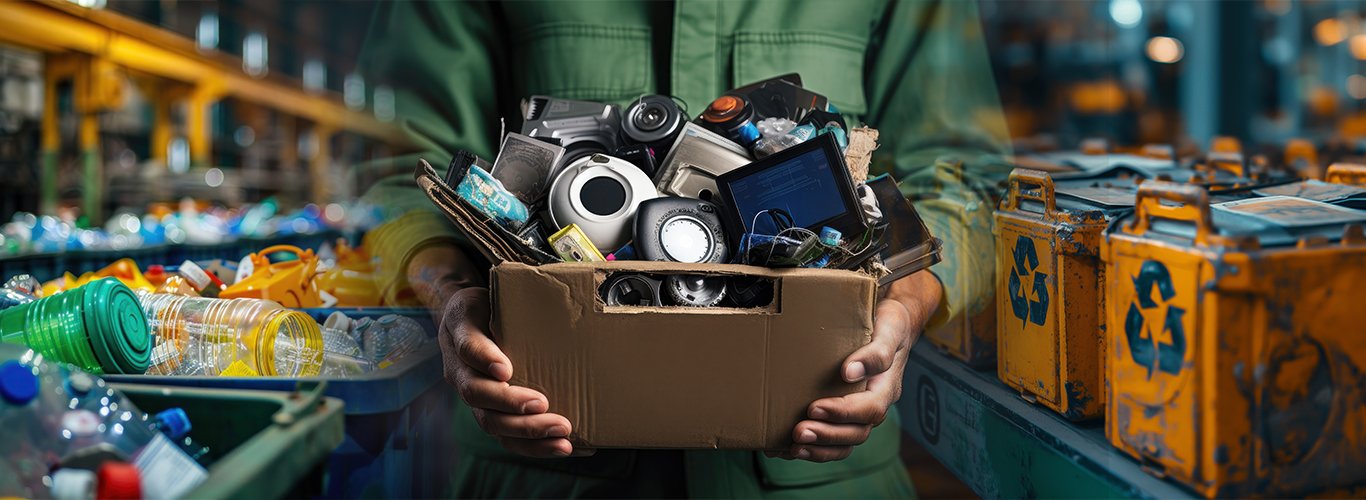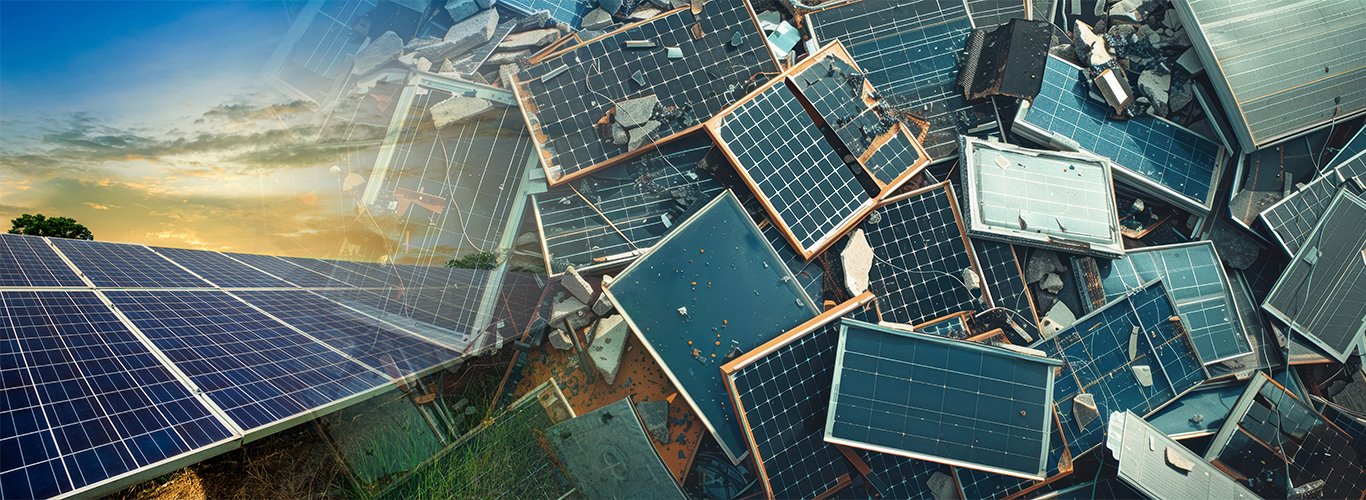
Deshwal Waste Management: Creating Solutions for Upcoming Waste
Solar energy is one of the cleanest sources of energy, and as the world shifts towards clean energy sources, solar power is spacing its footing towards lowering its carbon footprint. However, solar panel usage poses a new problem: solar waste collection. At Deshwal Waste Management, we have realized how crucial it is to combat this challenge sustainably. When restricted to the recycling of solar energy waste in a specialized manner, we contribute to the continuity of the environmental impact of solar energy, even beyond the lifetime of a single solar panel.
Why choose Deshwal Waste Management for Solar Waste Recycling?
Having engaged in the handling of different wastes over the years, Deshwal Waste Management has an efficient mechanism for dealing with electronic and hazardous wastes in general and solar panel waste management in particular. Members of our team know all the necessary information about proper elements in solar panels, starting from valuable metals such as silver and copper up to potentially toxic elements such as cadmium and lead. To the extent that portion is still possible, we assure that such components shall be addressed in a safe manner and recycled or disposed of in a sustainable manner if possible.
Solar Panel Recycling: How it is Done
Recycling these solar panels is a complex process that aims to recover as many materials as possible. Here’s how the process typically works:
Collection and Transportation
The collection of solar waste starts with the end-users, installation sites, or even recycling centers. This waste is then carried to specialized recycling plants that have the capacity to recycle solar panel materials. Appropriate management of solar energy waste within a business ensures that there is no spillage or leakage of dangerous substances.
Dismantling
Should solar panels get to the point of recycling, then they undergo a disassembling process to get their individual parts. The top layer of a solar panel comprises a glass or plastic cover, an aluminium frame, and semiconductor base material, which can be silicon or cadmium telluride in thin-film solar panels. In such a manner, the dismantling process is also done effectively to individualize these materials for further processing.
Material Separation
After dismantling, the next step is material separation, which includes:
- Mechanical processing: While the frames of the glass and aluminium are disassembled, they may be recycled as they are. The waste glass is ordinarily tossed back into pellets that can be recycled to create new panels or more glass.
- Thermal processing: In the case of polymer-based enclosures, applied to the panels, thermal treatment is sufficient to degrade the plastic. It also brings into fruition the return of silicon wafers that are then electronically cleaned and either reused or directed to other processes for further product manufacturing.
Chemical Processing
In this phase, complex chemical leaching methods are used to extract extremely valuable metals such as silver, indium, gallium, copper, etc. These materials are used in the panel’s wiring and circuitry and can be of high value in the manufacturing of new electronic devices.
Refining and Reusing
Afterwards, the materials are sorted to enhance their quality for a second attempt at recycling. For example:
- The layers may be removed, cleaned, and reproduced as new solar cells in synthetically created silicon wafers.
- Tiles are either recycled for new solar panels or used for other purposes.
- Copper or silver, for instance, are mined, melted, and purified for use in industries such as electronics or for the production of solar panels.
Final Disposal
Other electronic waste are also disposed of in an environmentally friendly manner in conformity with the environmental requirements for disposal of non-recyclable products and hazardous products that include lead and mercury. All hazardous chemicals or components are conditioned in a way to reduce their effect on the environment so that those wastes can also be managed sustainably.
Challenges in Solar Waste Recycling
While the solar waste recycling process is improving, several challenges remain:
- Cost-effectiveness: Recycling solar panels can be more expensive than producing new ones, making them less appealing without government incentives or strict regulations.
- Complexity of materials: Solar panels contain a wide range of materials, some of which are difficult to separate or recover. This adds complexity to the recycling process.
- Limited infrastructure: Many regions still lack sufficient solar waste recycling facilities, leading to solar panels being improperly disposed of in landfills.
The Future of Solar Waste Recycling
To improve the recycling rate of solar energy waste, a few key actions are essential:
- Incentives for recycling: Governments and industries should create financial incentives for recycling solar panels and invest in more recycling
- Design for recyclability: Manufacturers should design solar panels with end-of-life recycling in mind. For example, using fewer toxic materials and more easily separable components can simplify the recycling process.
- Education and awareness: Increasing awareness about solar waste and the importance of recycling among consumers and businesses can help improve collection rates and reduce environmental harm.
Conclusion
However, with increasing solarization all over the world, problems associated with the generation of waste can also pose a great challenge. Deshwal Waste Management is your guide in this process and hence provides all the required services for the proper disposal and management of solar waste. With us, you are making a solar investment that supports creating a better environment even after the end of the panels’ working time. Joined together, we shall ensure that renewable energy forms are sustainable in the future.
Join the right side of environmental protection and go for Deshwal Waste Management as your preferred solar waste recycling company.





